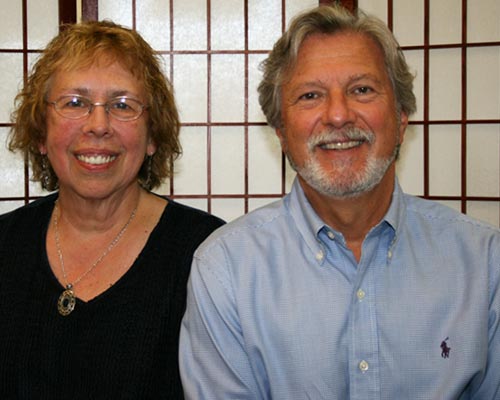Institute
Learning To Teach The Continuum Theory

-
Maureen Spolski, MA - Asst. Director of Education
The Human Development Company
moreens@optonline.net
Teacher – Trainer Registration
To receive more information regarding course requirements,
dates, hours, and fees, or registration materials please e-mail -
Dr. Karant at rkarant@aol.com or call
516 220 6471 - 12noon to 3pm Monday - Friday
Practitioners admitted into the program must acknowledge and be comfortable and open about the fact that teaching is learning – that clients always mirror one’s own issues – that teaching is a profound privilege, an opportunity to arrive at one’s own self-actualization – as such they must be able to use their life, their stuckness and breakthroughs to facilitate the client/student growth and/or healing.
The worst thing we can model in a mentoring – coaching - therapeutic relationship is the false notion of perfection, which is one of the most fundamental reasons people have blocks in life. Lacking Perfection was the reason we received conditional love in the first place and it has been ‘introjected’ by the client as pain and hurt. Parents unwittingly presented themselves as perfect and infallible – required the child to be perfect and infallible in order to receive love – and placed them in an educational and social system that required them to be perfect and infallible – otherwise they failed both school and life.
What each human being needs more than anything a Practitioner can provide – is to believe in their client’s personal power and their total ability to heal and overcome obstacles in their life. In order to do that a practitioner must believe in the theory and method they are utilizing.
Qualities and Qualifications of HDI Candidates
Knowing what your mission is in life - your life purpose.
Knowing what legacy you want to leave behind.
In addition to having a psychology, therapy/counseling, social work, or education backgrounds practitioners are advised to add some basic body centered knowledge like massage/ Reiki / Reflexology/Acupressure background to their tool kits. Candidates are following a healthy life-style and understand the need to create a fundamentally sound approach to their body-mind and spirit.
PROGRAM -
First Year – theoretical
Months 1-2 : Thorough knowledge of the Continuum Theory; both human development and human evolution, definition of all terms, as well as understanding of the concept of Contextual Analysis.
Months 3-4 : A basic knowledge of the ideas of Freud, Jung, Perls; comparison of similarities to and differences with the Continuum Theory.
Months 5-6 : A basic knowledge of the ideas of Maslow, midlife crisis: comparison of similarities to and differences with the Continuum Theory.
Months 7-8 : A basic knowledge of the ideas of Piaget, Erikson, Kohlberg;comparison of similarities to and differences with the Continuum Theory.
Months 9-10 : A basic knowledge of the ideas of Tornstam, positive and conscious aging; comparison of similarities to and differences with the Continuum Theory.
Months 11-12 : A basic knowledge of the ideas of modern spiritual teachers like Wayne Dyer, Deepak Chopra, Carolyn Myss, Laws of Attraction, etc.; comparison of similarities to and differences with the Continuum Theory.
First Year – experiential
Months 1-12 : applying the theory to one’s own life – clarifying the present operating principals in all areas of life; creating new operating principals (contexts) where desirable; applying theory (at a distance) to family and friends; becoming an observer of the contexts operating in people lives.
Months 3-4 : A beginning understanding of the application of the Continuum Theory to developmental phases of life span; Relationships – Self, Adult Parents, Siblings, Midlife Crisis
Months 5-6 : A beginning understanding of the application of the Continuum Theory to developmental phases of life span; Personal Development, Career, Success, Money
Months 7-8 : A beginning understanding of the application of the Continuum Theory to developmental phases of life span; Aging – Disengagement vs. Gerotranscendence vs. Power
Months 9-10 : A beginning understanding of the application of the Continuum Theory to developmental phases of life span; Marriage – Unconditional Love, Communication
Months 11-12 : A beginning understanding of the application of the Continuum Theory to developmental phases of life span; Child development / Parenting, Self Esteem vs. Success, Teen rebellion
Second Year – Supervision, Practical Applications, Research
Months 1-3 : Taping – video and or audio – of own work with clients for supervision and feedback, begin planning a research study
Months 3-6 : Create workshops and talks for libraries, schools, community centers, that will lead to finding the right opportunity to initiate your research
Months 6-12 : Research Project : Select an area of interest and with guidance, develop a research project for 20-30 people, to take place over a 3 month period – analyze results

